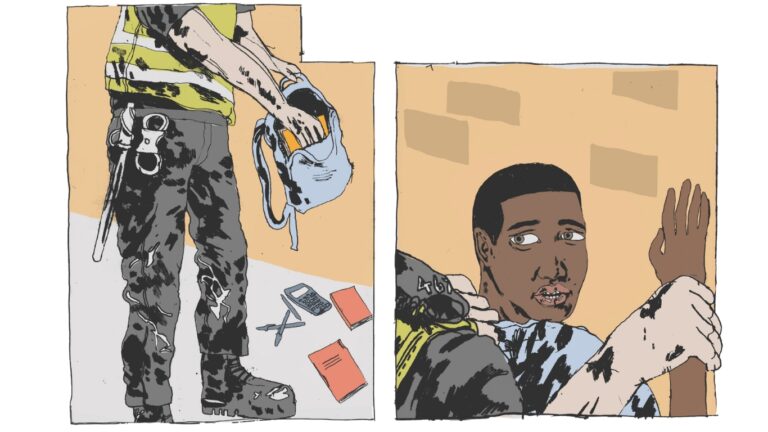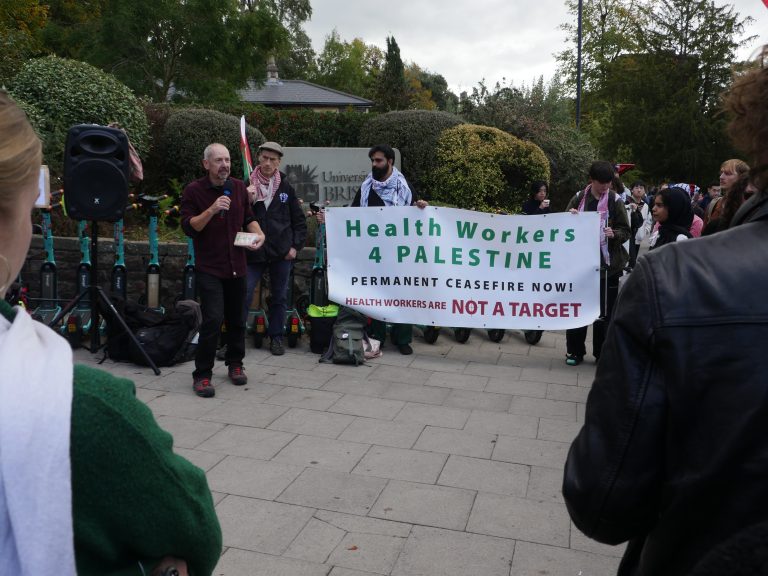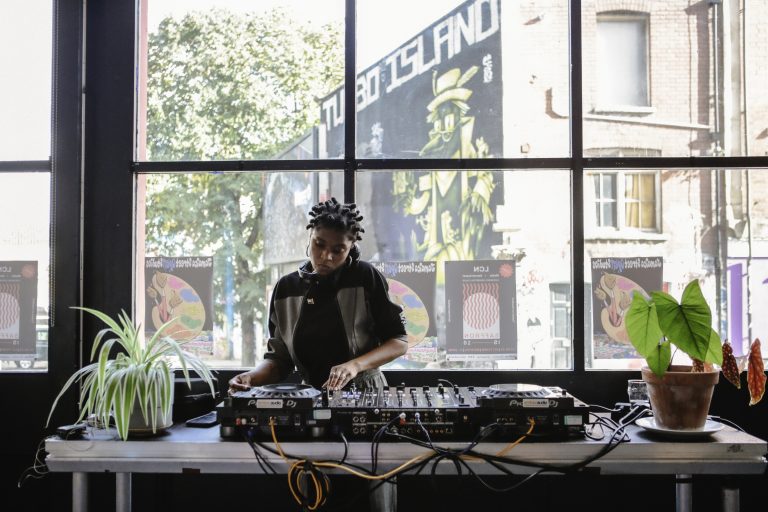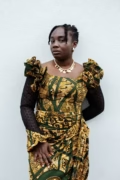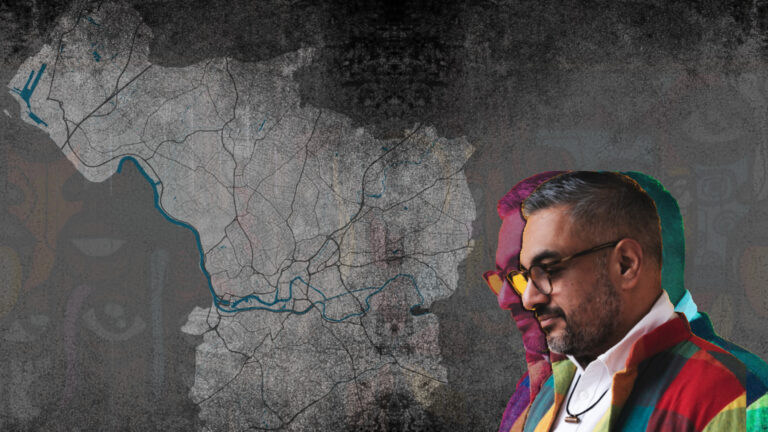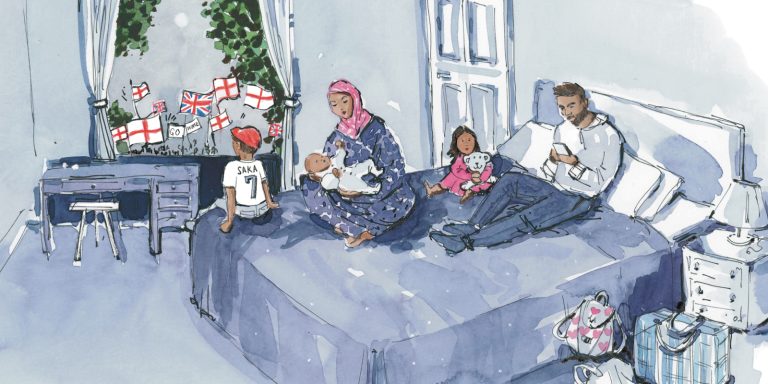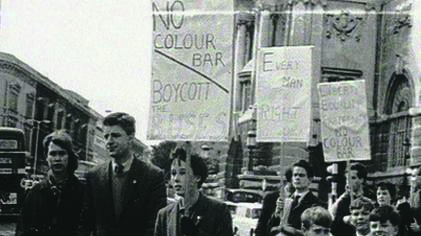‘We need to move the dials’: Avon and Somerset Police must show real change on institutional racism
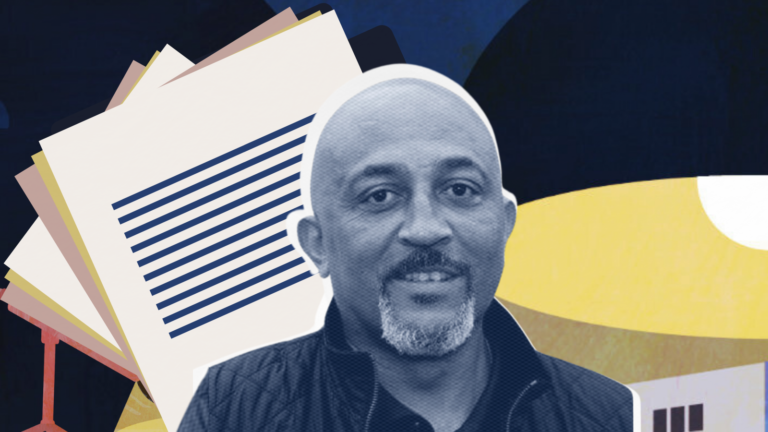
The disproportionate use of stop-and-search, traffic stops, the use of tasers, handcuffing and pepper spray, as well as full strip-searches, are issues writ large throughout my whole life in the UK since I was first stopped at the age of nine for ‘fitting the description’.
It carried on frequently well into my thirties, and both individual and institutional racism on the part of police has impacted Black communities for decades before me. The smell of cannabis, living or even being in a high-crime area or, again, ‘fitting the description’ were all dubious grounds for searches that, if challenged, escalated to a public-order offence or some kind of charge for assault on police.
I grew up through the era of the ‘SUS law’. This permitted police to stop, search and arrest people if they suspected they were in breach of Section 4 of the Vagrancy Act.
I shared a room with my big brother, 10 years older than me, and would hear him recount his interactions with the police, from beatings in the back of a Black Maria with wet urine soaked towels, to being picked up, harassed and dropped off in the middle of nowhere.
I had my own stories of the frequently used ‘attitude test’ conducted by police officers targeting young Black boys in the 1980s and 90s, well past the end of SUS and the introduction of PACE – the current laws that govern grounds for stop-searches and arrests. And these chilling interactions with law enforcement still blight young people today – predominantly young Black boys.
The data obtained and revealed by the Bristol Cable this week shows the sheer scale of how Avon and Somerset Police have used – and continue to use – their intrusive stop-and-search powers prolifically and disproportionately against Black people.
Generations of gaslighting
We are not seeing results. And in fact, in many cases there is much to prove that we are going backwards when we look at the data.
Last year Black people were almost six times more likely to be subjected to a stop-and-search than their white counterparts. The latest data from this year shows we were almost seven times more likely to be stopped and searched.
Chief Constable Sarah Crew’s statement last year that her force was institutionally racist was well received. But the admission of institutional racism left many in the black community saying, ‘and so what?’ – and rightly so.
While there has been positive activity under the current chief constable’s tenure on the issue of racism in the police, as David Lammy said following his review into the treatment of Black, Asian and Minority Ethnic people in the criminal justice system: “activity should not be confused with tangible change on the ground”.
That being said, I actively engage, through my scrutiny and accountability work with many police constables and staff who work tirelessly to put their shoulders to the wheel and are allies in the attempt in making those dials move.
Within the Avon and Somerset constabulary, though, there are also dark and vocal corners of people opposed to change – those who still believe that justice and equity means policing loses out.
The chief constable’s statement on institutional racism was the easy part. Actually grappling with the issues that arise – and are well known to Black communities – is much, much harder.
For generations we have been gaslit, in denial of an acknowledgement from the police of our lived experience – and the deep-dive report only strengthens this.
If they want to police by consent, as I know Chief Constable Sarah Crew does, Avon and Somerset Police need to start demonstrating tangible change on the ground for Black and minority communities.
NB: You can sign our petition to Say No to Section 60, and write a letter to your MP using our template.

